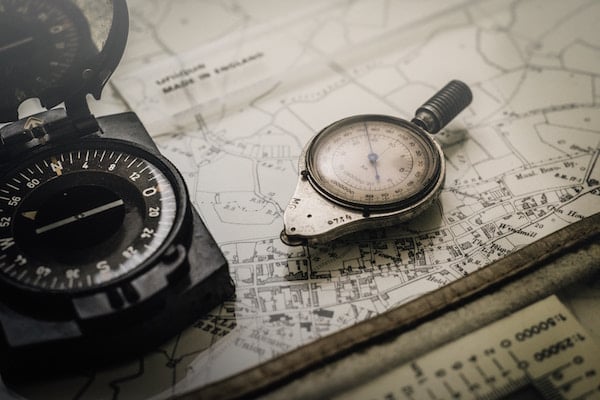Published on
Guiding Philosophies for Launching an Online Education Office

My role in providing online education leadership and strategy is the first of its kind at Ohio State. To understand how I approached coordinating this effort at a highly decentralized institution, it’s important to know a little about me: I’m challenge-oriented, an initiator of activity, a strategic thinker, and a consensus builder. I like data and succinct options that focus on solutions and share potential benefits and drawbacks.
To achieve the most out of my team, I leveraged a few core philosophies that shape how I approach work. Through 360 feedback, ongoing conversations, and reflection, I believe the following philosophies made a big impact on creating an environment for success for my team.
Coach and mentor
I like giving my team room to run, and I most effectively support my team when I can guide through questions and discussion. I look for team members who are driven to find success in their work and take pride in their accomplishments. I certainly cannot meet all of the expectations of my office alone, and coaching and mentoring creates an environment for leaders at all levels to lead. That supported autonomy creates deep levels of buy-in, drive and enjoyment while the conversations reveal mission alignment and partnership opportunities.
Ask tons of questions
I ask questions. A lot. Yes, it helps to ensure mutual understanding, but when I share with my team it creates a safe practice zone to prepare for our stakeholders, who, in an R1 institution, have made careers of asking critical questions and finding the gaps. If we can better understand the ideas for ourselves, can clearly articulate those ideas, and think through secondary and tertiary ramifications, we can be that strategic partner we continually strive to be.
Commit to planning time
I make short-term and long-term planning a daily practice to start and end my day. This gives me the ability to change directions quickly because I understand the interconnections of our work as an organization, institution and within larger state, national and international contexts. It also continually centers me to focus on my highest priorities.
Be willing to say “I don’t know”
I never pretend I have all the answers, and if I don’t know the answer, I don’t sugar coat it. But I do invest the necessary energy to find the answer and close the communication loop for the question asker. An analogy I use with my team references my love of tennis. Questions and answers are like a tennis rally: when the ball passes me, I take pride in never letting it stay idle on my side of the court. I always hit the ball back to my rally partner. I do not let the rally end because of my inaction.
Invest energy in a shared team vision
I take the time to address conflicting personal and team goals to ensure continual mission and vision alignment. Because efforts to align the vision and mission of various team members can naturally begin to drift out of alignment, this process involves a cost/benefit analysis; however, I typically err on the side of more conversation, in order to spare ourselves conflicts and issues later on.
Understand that any individual success is due to the team
It is so clear to me that success is team built. I share my appreciation openly and frequently. Each day, every action by every team member affects and guides team culture, so I spend time empowering others to understand their change agency and build up their leadership capabilities, no matter where they sit in the organizational structure.
Embrace the power of feedback
I strive for continual improvement in everything I do. It’s a lot harder, and there is no finish line. Importantly, I can’t know it all, and because of my role I may not always get the absolute honest answer from my team, so I’ve identified trusted partners who will give me unfiltered information about what’s going on to understand the pulse of the team. As I set high expectations for myself and seek feedback from others about how I can improve, that mindset supports my team members in achieving their best.
What are your core guiding philosophies that create the biggest impact? I’d love to learn from you.
Author Perspective: Administrator



